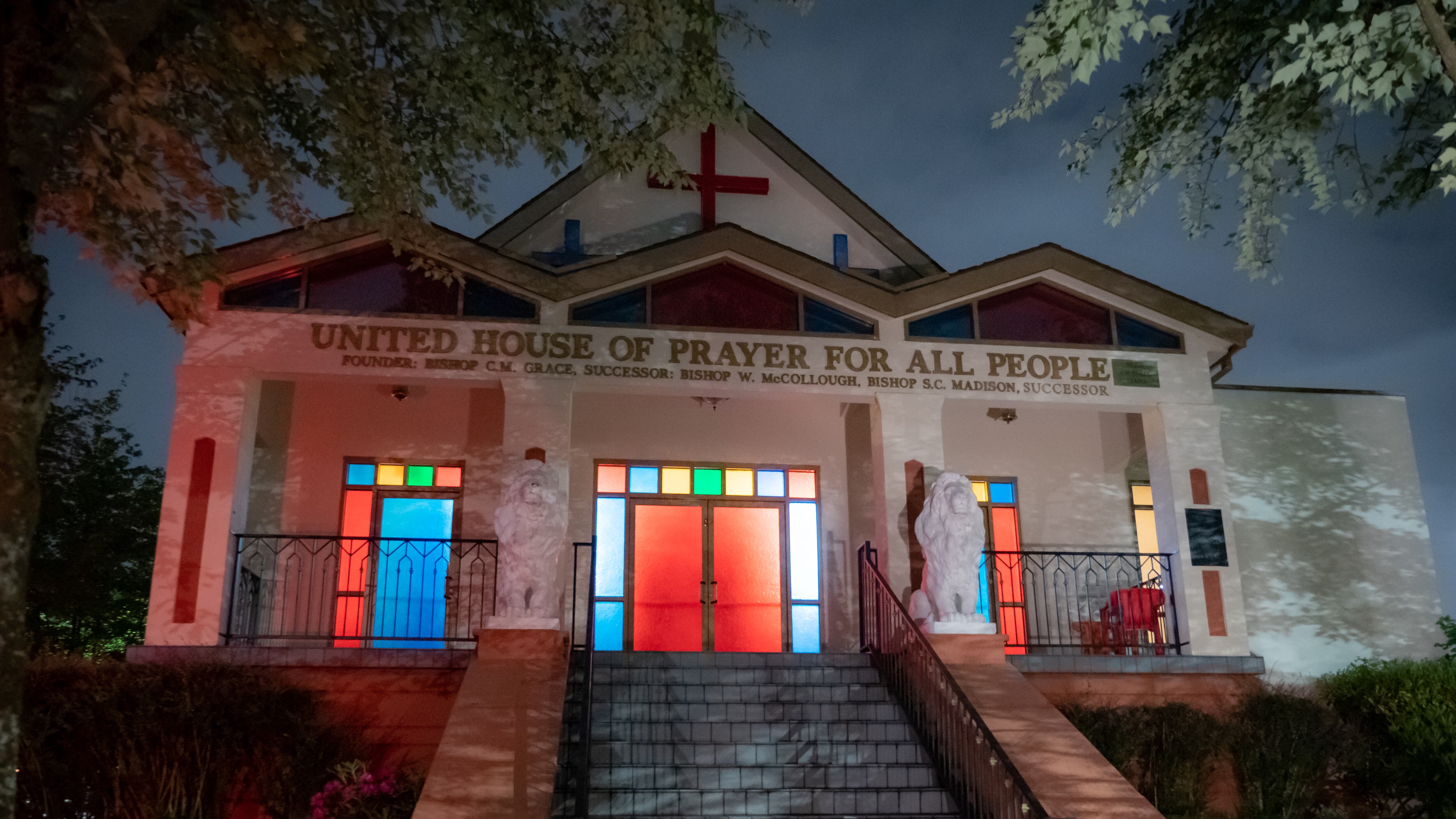The Oregon Supreme Court on Friday overturned a Baker County judge's order nullifying Gov. Kate Brown's pandemic-related executive orders. All of Brown's orders remain in effect.
Today's announcement puts an end to a weekslong legal saga between the state and conservative lawyers Ray Hacke and Kevin Mannix.
On May 6, Hacke's firm, the Pacific Justice Institute, filed a lawsuit, Elkhorn v. Brown, representing dozens of plaintiffs—chiefly evangelical churches and their pastors—arguing that Brown's executive orders mandating churches close during the pandemic expired after 28 days. Shortly thereafter, Mannix joined in and introduced several plaintiffs as intervenors.
On May 18, Baker County Circuit Judge Matthew Shirtcliff ruled in favor of the plaintiffs, effectively nullifying Brown's pandemic-related executive orders. That same night, the Oregon Supreme Court issued a stay on Shirtcliff's preliminary injunction.
For the next three weeks, the parties went back and forth: The Supreme Court asked Shirtcliff to vacate his injunction, and Shirtcliff stood by his order. The plaintiffs and the state filed briefs, which the Supreme Court reviewed. Meanwhile, the majority of counties throughout the state—including Baker—entered Phase 1 of reopening. Some entered Phase 2, which allowed most churches to reopen, if they kept parishioners 6 feet apart.
In its ruling today, the Supreme Court said Shirtcliff erred in his preliminary injunction, which determined Brown's orders expired after 28 days.
"The court held that the circuit court's preliminary injunction was based on a fundamental error because the circuit court's conclusion about the statutory time limit was incorrect," the court wrote. "Although there are many statutory and constitutional limits on the governor's emergency powers during a state of emergency declared pursuant to [state statues], a declared state of emergency is not subject to a time limit of a certain number of days."
Mannix, the plaintiffs' attorney, issued a statement in response to the ruling Friday morning.
"I am disappointed, of course, in the decision by the Oregon Supreme Court. I am not completely surprised, since we realized this case would be affected by the surrounding environment concerning the coronavirus pandemic," Mannix wrote. "We disagree with that interpretation. With this ruling in hand, we will ask the Legislature to amend the law to make it clear that the governor's lockdown powers truly do have a 28-day time limit, even when the governor declares a general emergency."

